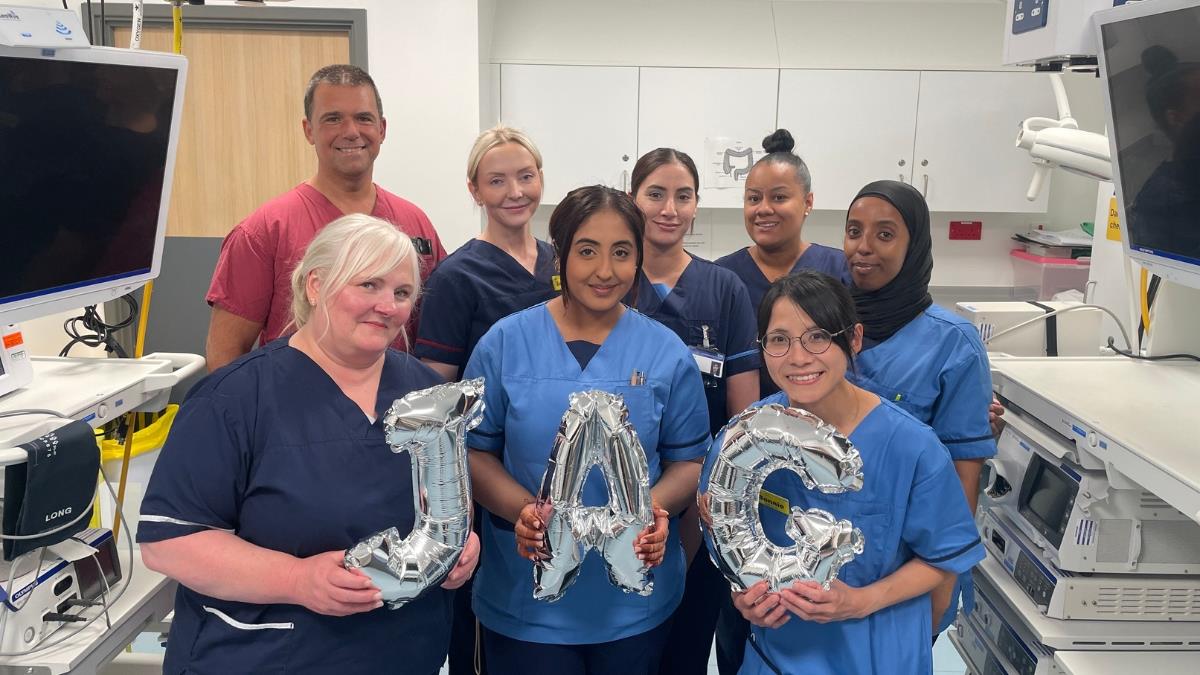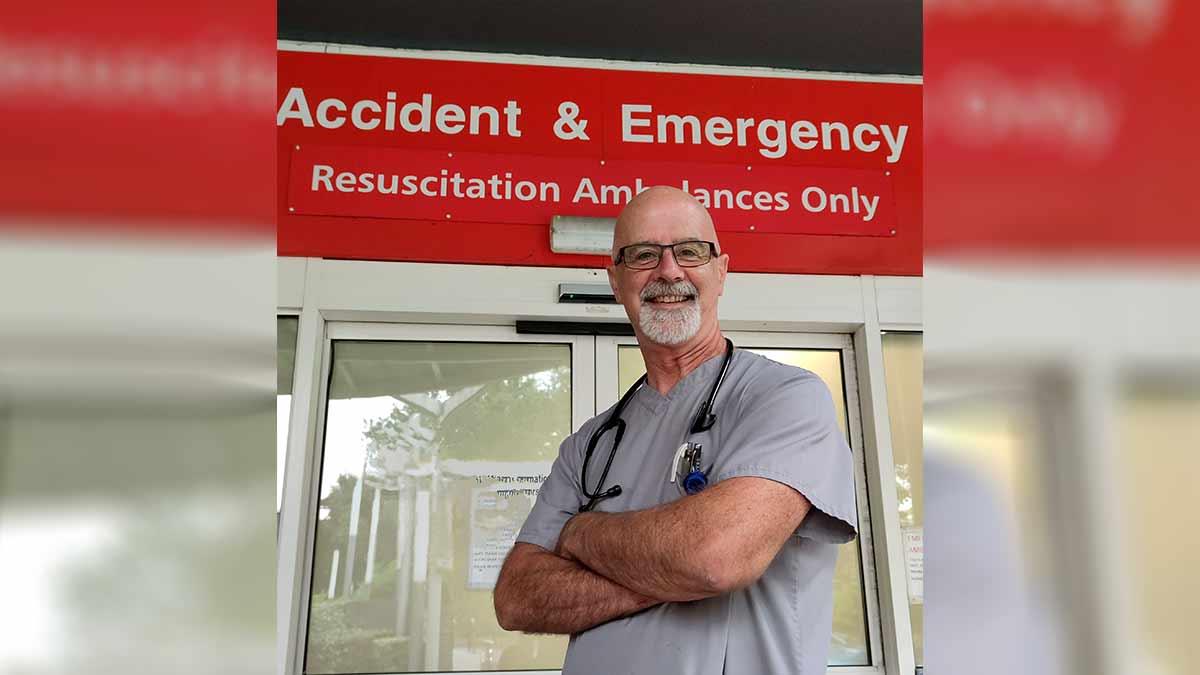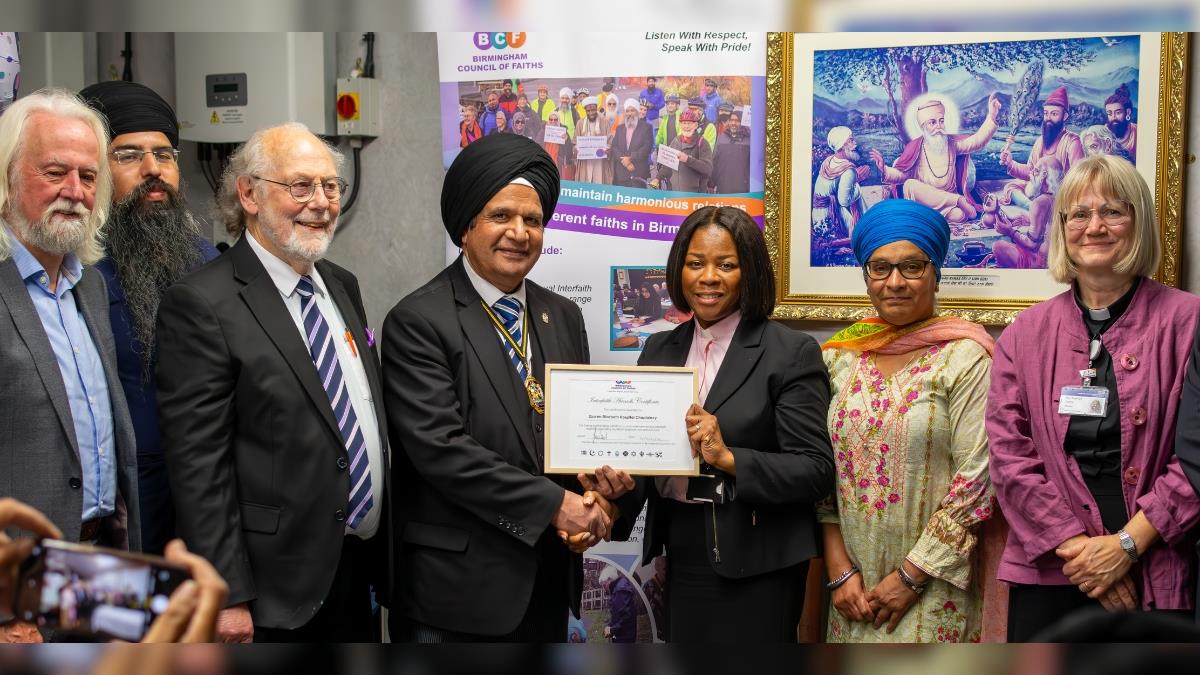Organ Donation Week
Published on 23/09/2024
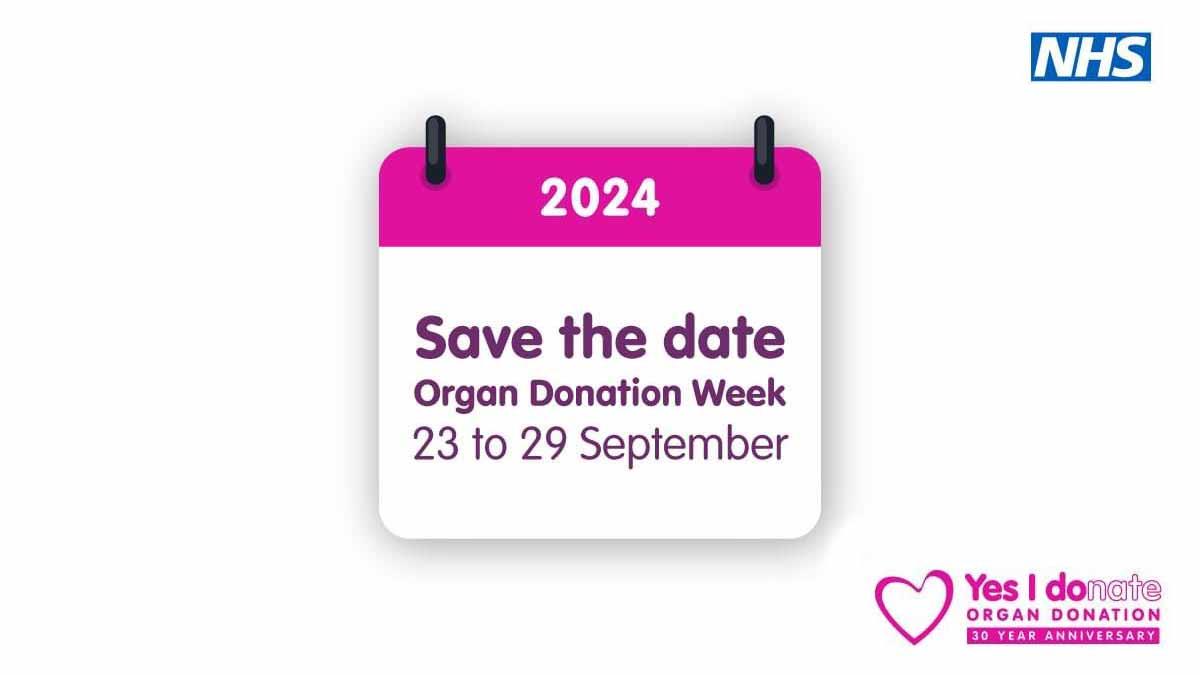
This Organ Donation Week (23 – 29 September) we are celebrating the fact that the NHS Organ Donor Register has been saving lives for 30 years through the gift of organ donation.
Since its creation in 1994, thousands of lives have been saved here in Birmingham and across the country, thanks to people agreeing to donate their organs after death by confirming their decision on the NHS Organ Donor Register.
More people than ever before are in need for a life-saving transplant across the UK, with more than 7,600 people on the active waiting list, including over 200 in Birmingham, which is the highest of all districts in the UK, so it’s vital that people confirm their organ donation decision to save lives.
Over 75,000 people in our region have already declared their decision through the NHS Organ Donor Register, which is the best way for their family to know what they want. 9 out of 10 families would support organ donation if their loved one had confirmed their decision on the NHS Organ Donor Register.
With the law having changed around organ donation, it is important to remember that it is assumed that when someone dies in the circumstances where they could be a donor, that they agree to donate if they haven’t officially opted out. However, no-one is automatically added to the Organ Donor Register. You still need to confirm your decision and your family will be consulted before donation goes ahead.
We’ll be featuring stories from our patients this week, so please check back to hear from those patients who have had an organ transplant, or those awaiting the gift of life.
Samantha's sporting journey
In the late 1990s, I was diagnosed with an autoimmune condition, primary biliary cholangitis and non-cirrhotic portal hypertension. I was prescribed medication and until June 2019, I remained in good health.
In July 2019, I became quite ill, and the consultant suggested I may require a liver transplant as medication no longer seemed to be the answer.
I was devastated as I felt that this was a death sentence.
I was referred to Queen Elizabeth Hospital Birmingham (QEHB) and underwent a series of tests to assess my suitability for transplant including physical, medical, and psychological assessments. I was accepted onto the National Transplant Register in November 2019, and it was a very emotional day.
The physical symptoms I experienced at this time were difficulty sleeping, encephalopathy (brain dysfunction such as confusion and memory loss), extreme itching, tiredness, feeling and being sick, fluid retention, feeling ill, jaundice, oesophageal varices, and an umbilical hernia.
Some of the psychological symptoms that I occasionally suffered, included fear of dying, feeling worthless, and a loss of control.
In late September 2020 at 02:15 one morning, I received a telephone call to say that a donor liver had been found and I needed to get to QEHB as soon as possible.
I was taken to theatre about 08:45 and the operation was completed by 14:00.
Following some complications, I was discharged home on 23 October 2020 and it is now over three and a half years since I received the new liver, and I am living my best life.
I no longer work, but since having the transplant, I have been able to see our daughter get married and I became a nanny to our wonderful grandson Leo in May 2021.
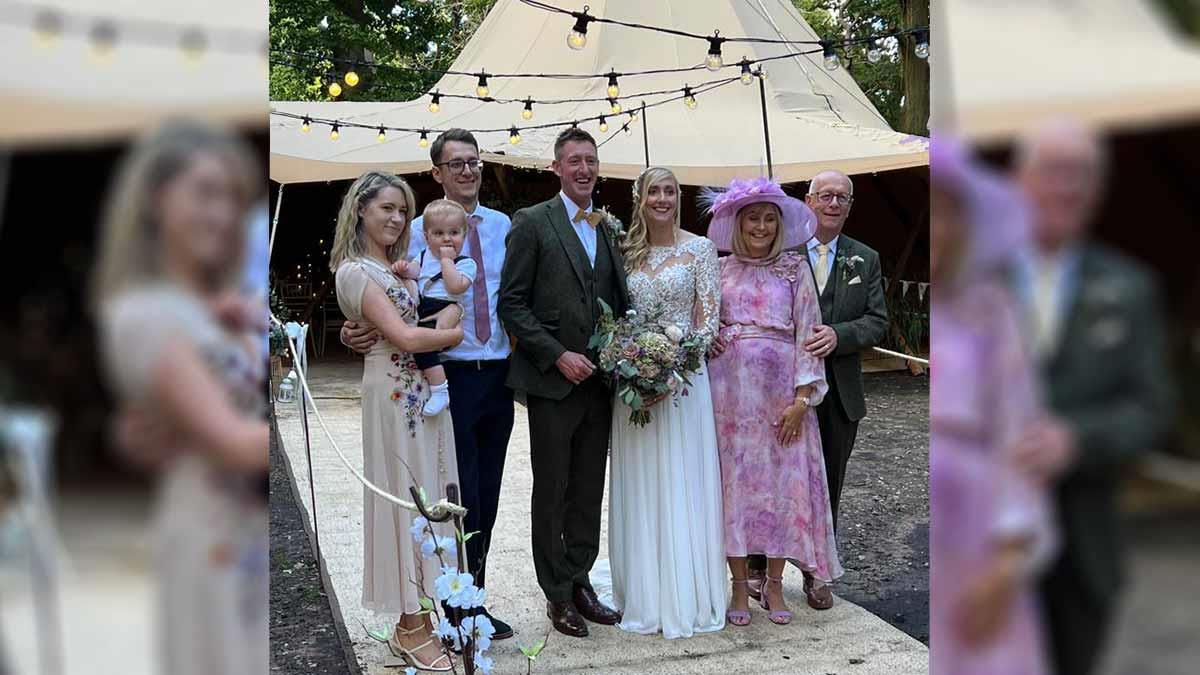
Playing tennis had always been my passion, but I thought that I would never play again. However, in August 2023, I took part in the British Transplant Games in Coventry and won a bronze medal.
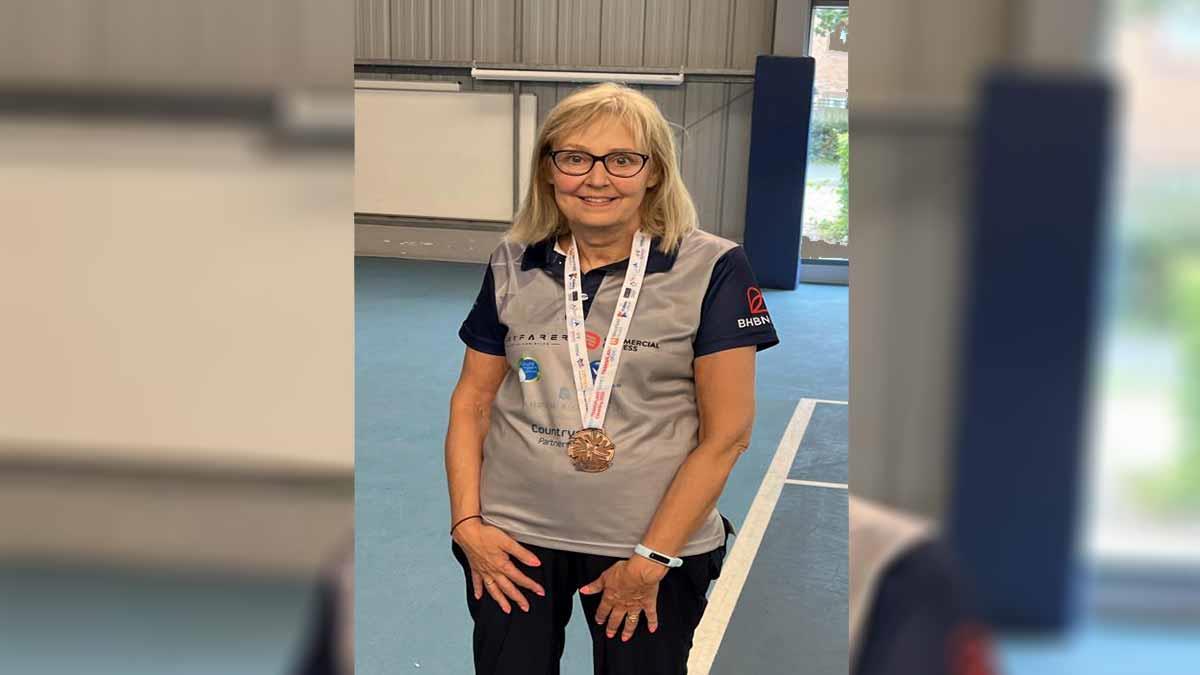
Despite having gone through an extremely challenging time, I want to highlight the positive experiences. I feel a different person, do not take anyone or anything for granted and appreciate life more than ever.
Materialistic possessions are not important, all I want is to live and be happy. I am in awe of all the treatment and care that I received and am so grateful to all the amazing staff at QEHB who have been and still are, involved in my care.
In early 2025, QEHB will open the Edmonds Transplant Centre, a new dedicated facility for patients pre and post organ transplant, bringing all the specialist care to patients, including pre-transplant consultations, additional fitness classes before surgery, patient support groups, and rehabilitation classes after surgery.
Sam added: “Edmonds Transplant Centre will be a fantastic facility and will enable patients to have a less stressful journey from pre to post transplant, as patients will only have to visit one centre. As QEHB is a world class centre of excellence, this facility will certainly enhance organ transplant patient experience. To anyone who has yet to receive a transplant, try to remain positive, the outcome is amazing, and you do get your life back again.”
Find out more about the Edmonds Transplant Centre by visiting our hospital charity website. Queen Elizabeth Hospital Birmingham Charity launched a £4 million fundraising appeal to complete the Birmingham Transplant Centre and work is well underway.
Andy’s work to brighten lives
In 2018, Andy Bright was given just months to live following a diagnosis of idiopathic pulmonary fibrosis (IPF) five years earlier.
Pulmonary fibrosis sees the lungs become scarred and makes it increasingly difficult to breathe, leading ultimately to respiratory failure.
Following his diagnosis, Andy remained relatively healthy and was ‘too healthy to receive a transplant’ however, pulmonary fibrosis can work to damage the lungs quickly, and his health deteriorated, and in 2017 he was added to the transplant waiting list.
Now, six years on from his life-changing transplant at Queen Elizabeth Hospital Birmingham (QEHB) in September 2018, when he had been making plans for what he believed would be his last Christmas, Andy is marking his incredible journey with a new one: a more than 800 mile tour in a motorhome and on a motorcycle from John o’Groats to Land's End to raise awareness of the condition that led to his transplant.
Stopping briefly at the almost mid-way point on his journey at QEHB yesterday (23 September), and flanked by his brothers, Mike and Dave, Andy arrived to rapturous applause from members of the Midlands Idiopathic Pulmonary Fibrosis Support Group, which is supported by Action for Pulmonary Fibrosis .
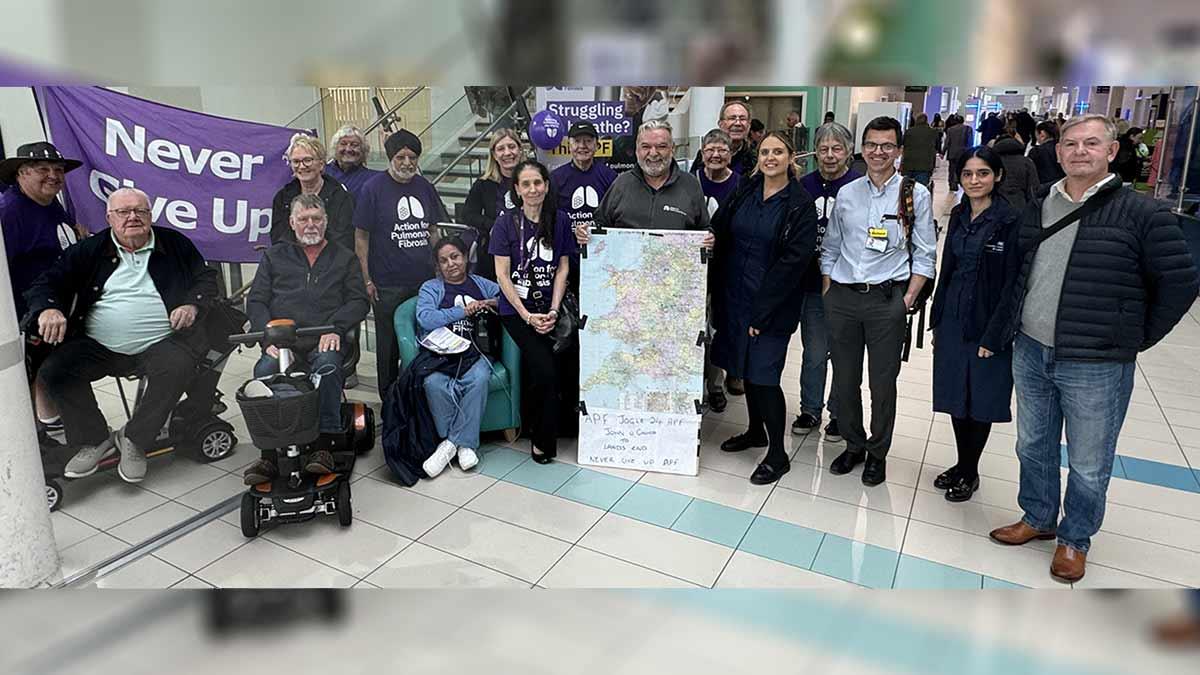
APF is an organisation that tirelessly advocates for pulmonary fibrosis patients alongside the lung transplant team.
Andy gave up his role in adult social care to work for APF three years ago.
But Andy’s journey from John O’ Groats to Lands’ End has been more than a physical challenge; it has been an emotional one, Andy said: “My brothers and I haven’t been away together since 1971 and at one point six years ago I never thought we would again.
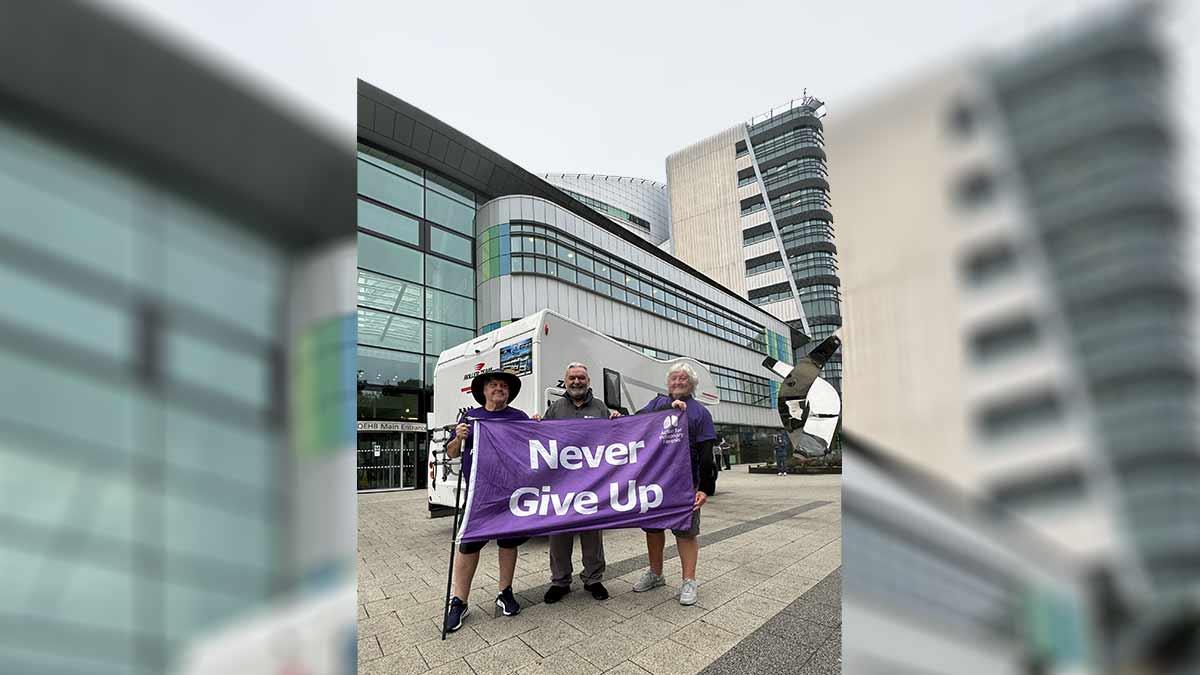
“2018, the year I had my double lung transplant, was a mixed year. It started badly and then got worse. By August, one of my lung function tests was only just registering on the machines. Any lower and it couldn’t be measured.
“I prepared myself for whatever fate had in store. I was still trying to live a ‘normal life’, to provide for my family but still take joy from them and from daily encounters. I’d sit and just watch them smile or laugh and I’d savour life.”
Andy’s quality of life was getting progressively worse. Until, in his words: ‘The miracle happened.’ Andy received his new lungs, and he immediately started to feel better. It is a tough road full of ‘speed bumps’, as Andy calls them, but it was full of amazing moments.
Now, Andy faces speed bumps on Britain’s roads, as he continues his national tour in support of APF and the pulmonary fibrosis community. With each mile, he aims to carry the stories of countless patients, their struggles, their hopes for a better future and the support available to them.
Following Andy’s brief stop at QEHB, he went on to be pictured outside his sacred Villa Park – hallowed turf for the Bright family.
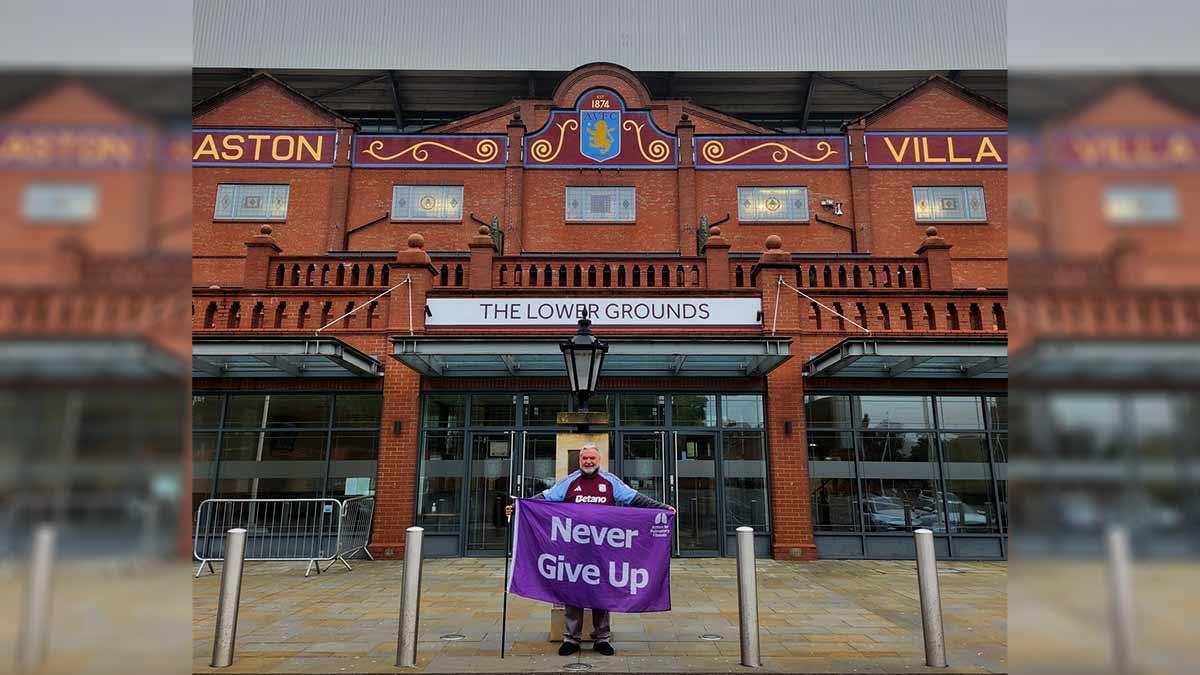
Andy’s journey of recovery and immensely kind support to others, is made possible because an anonymous person signed the organ donor register and their family agreed to donate their loved one’s organs. By registering your decision on the organ donor register, you can leave your family certain of your wishes.
Sign the register on the NHS Blood and Transplant Organ Donation website.
For more information on Andy’s amazing journey and how you can support Action for Pulmonary Fibrosis, visit the APF website.
Graham’s story
Organ donation has changed dramatically over the decades. Here is the story of Graham Faulkner who has just marked the 40th anniversary since he received a kidney.
It is 40 years since Graham Faulkner took the call that would change his life. The 22-year-old had been waiting nearly two years for a kidney transplant. Now he was being told he had matched with a donor and was asked to head to Queen Elizabeth Hospital Birmingham.
“I remember it well. It was a Thursday evening and it was getting close to midnight so the hospital was really quiet. I felt real trepidation. This was 40 years ago and there was no guarantee that the transplant would work.”
Few words needed to pass between Graham and his parents Helen and Frederick about the operation, but he said: “We all knew what the transplant would mean. I had to have the operation but none of us could be sure of the outcome.”
After a two-week stay in hospital, when Graham had to return to the operating theatre to have his spleen removed, he was then allowed home.
After isolating with his parents for three months he started to make the most of his life. Five years later he married Penny and they have two children Rachel, who is a teacher and Laurence, a nurse, and a three-year-old grandson.
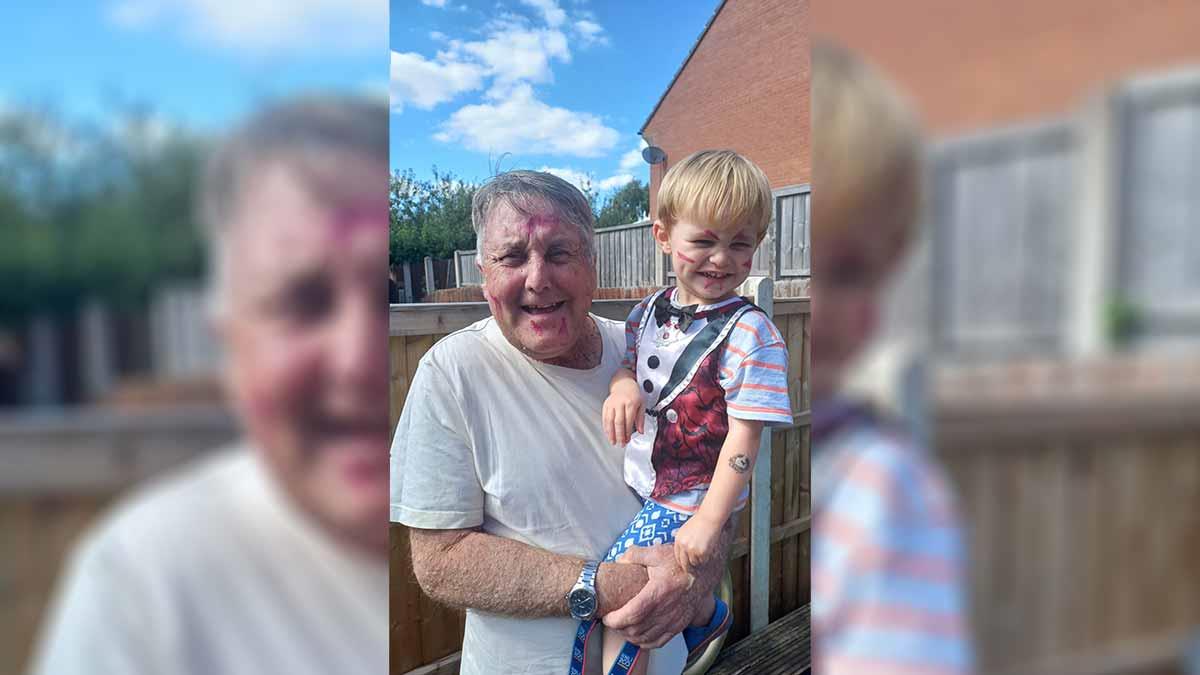
Graham, who still thinks about the surgeon Mike Crowson and the transplant team, was told during his stay in hospital that the donor had been a young man who had died following a motorbike accident.
Graham gets emotional when he thinks about the family who took the decision to donate their loved one’s kidneys.
Graham said: “I still don’t know much about the donor. I wrote a letter to thank them but I have never been sure if they ever knew how their decision had changed my life.”
The former nursing practitioner, who now works at Birmingham Children’s Hospital, said: “It still makes me emotional when I think about how their decision to donate their loved one’s organs, saved my life.”
Register your wishes now by visiting the NHS Blood and Transplant website.
